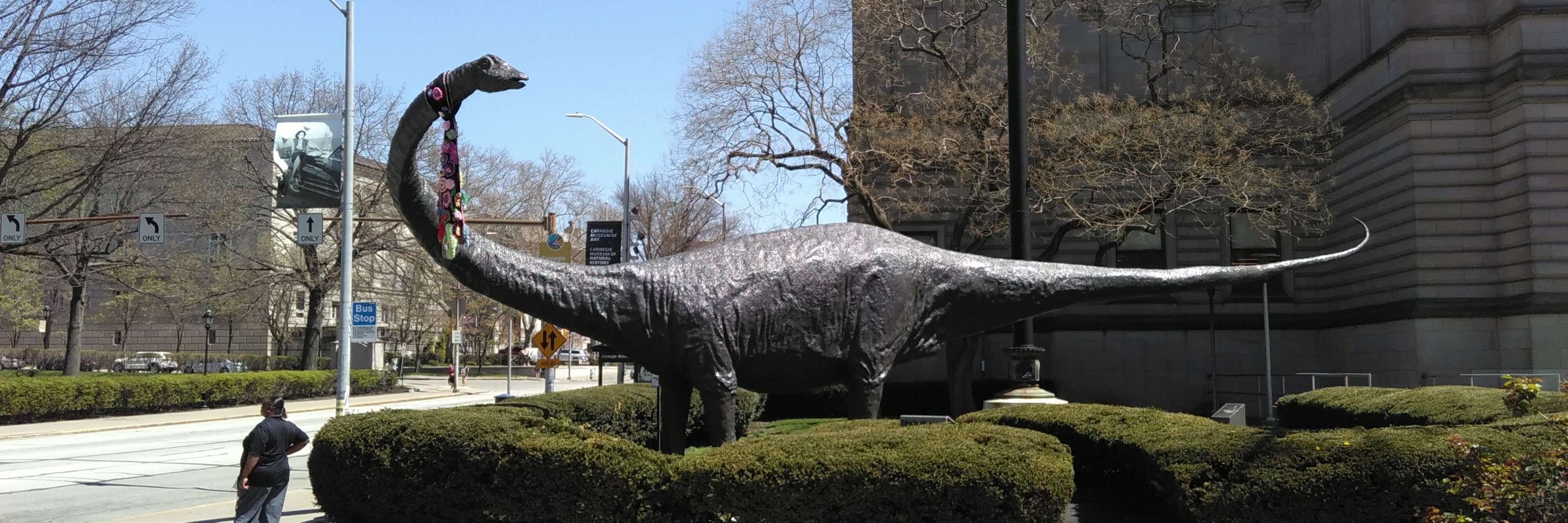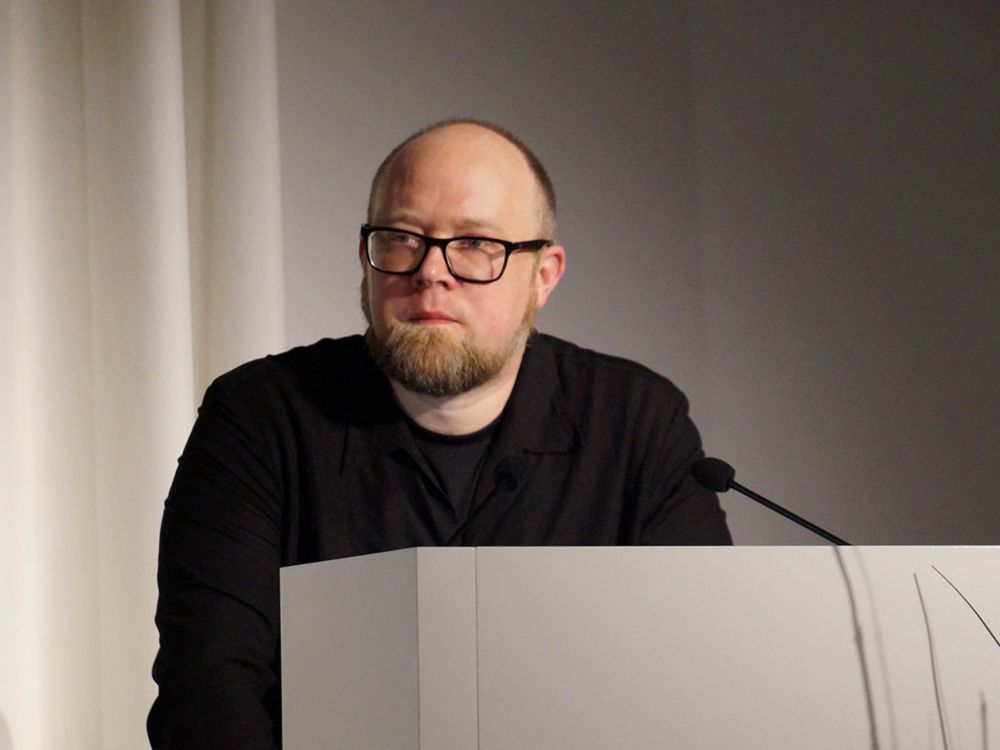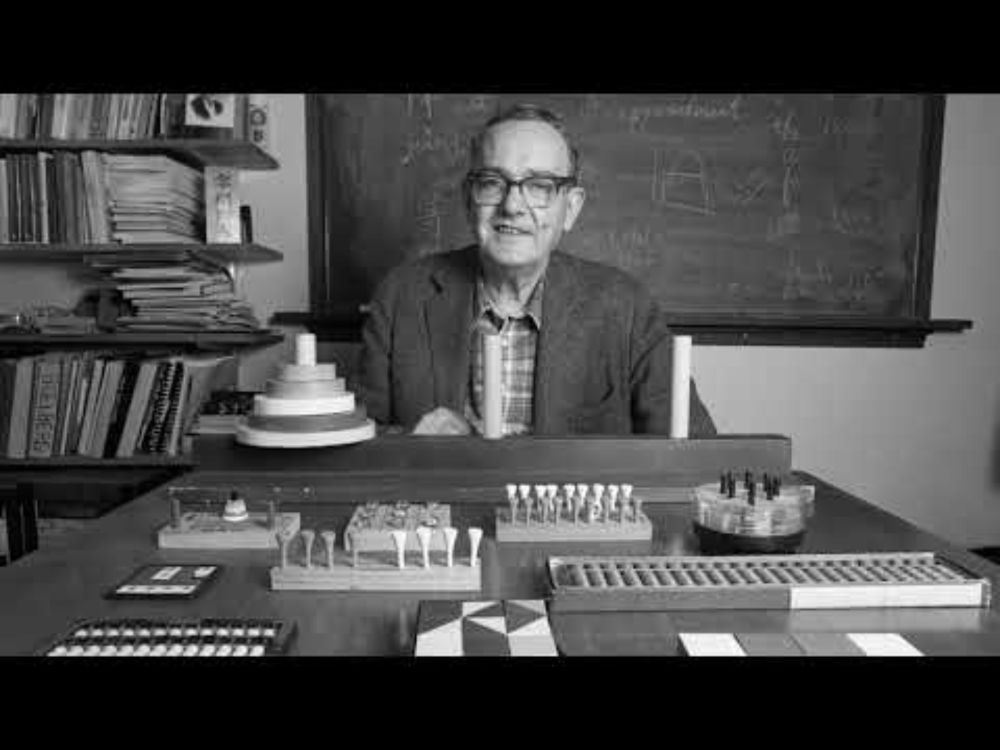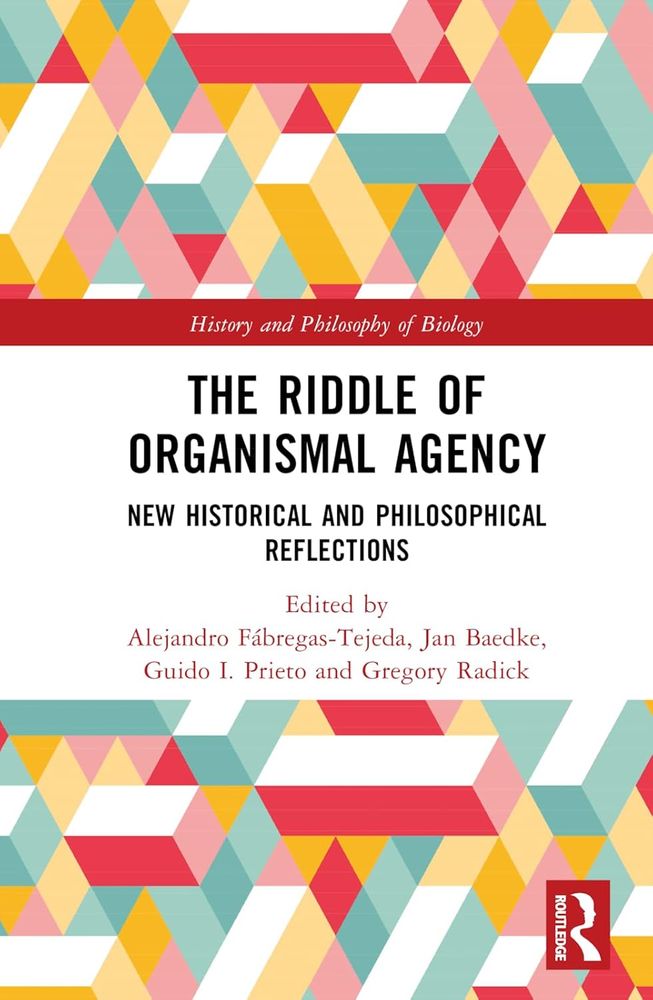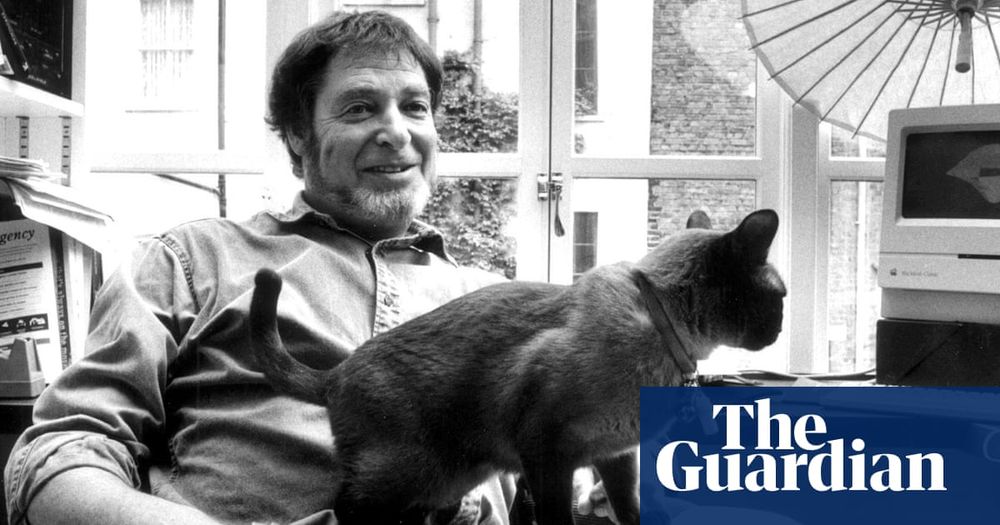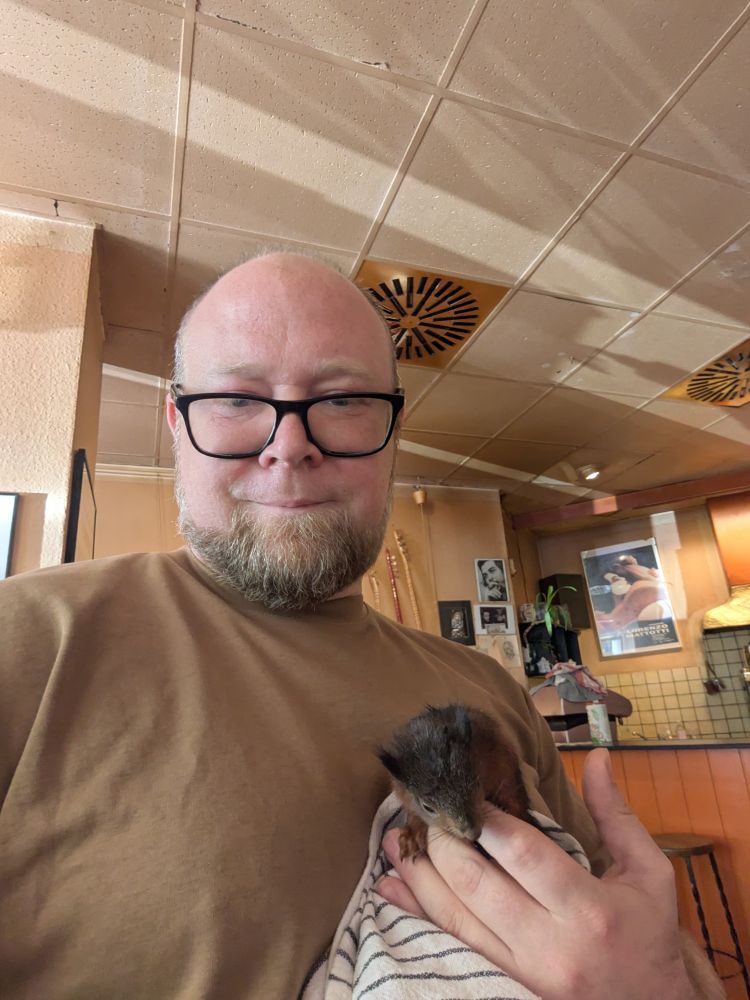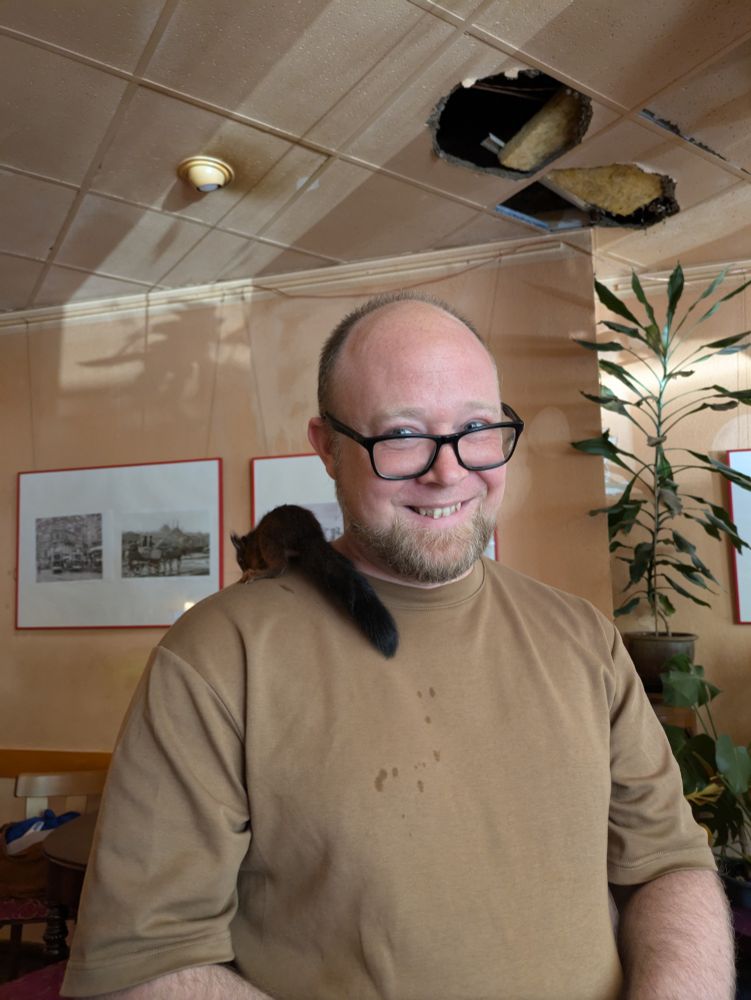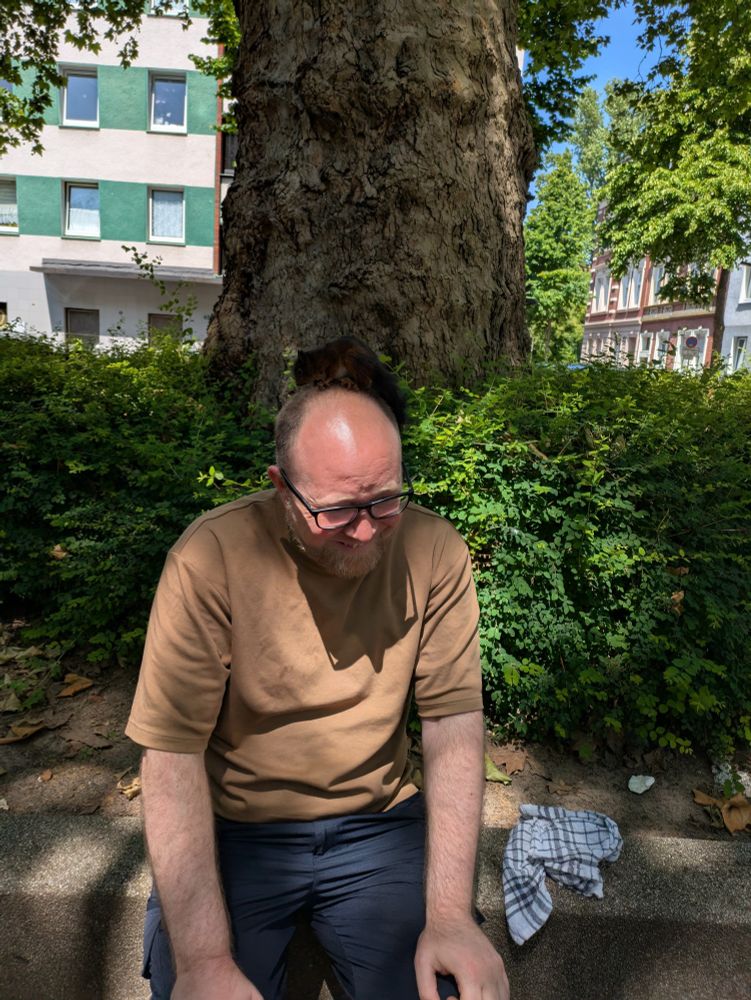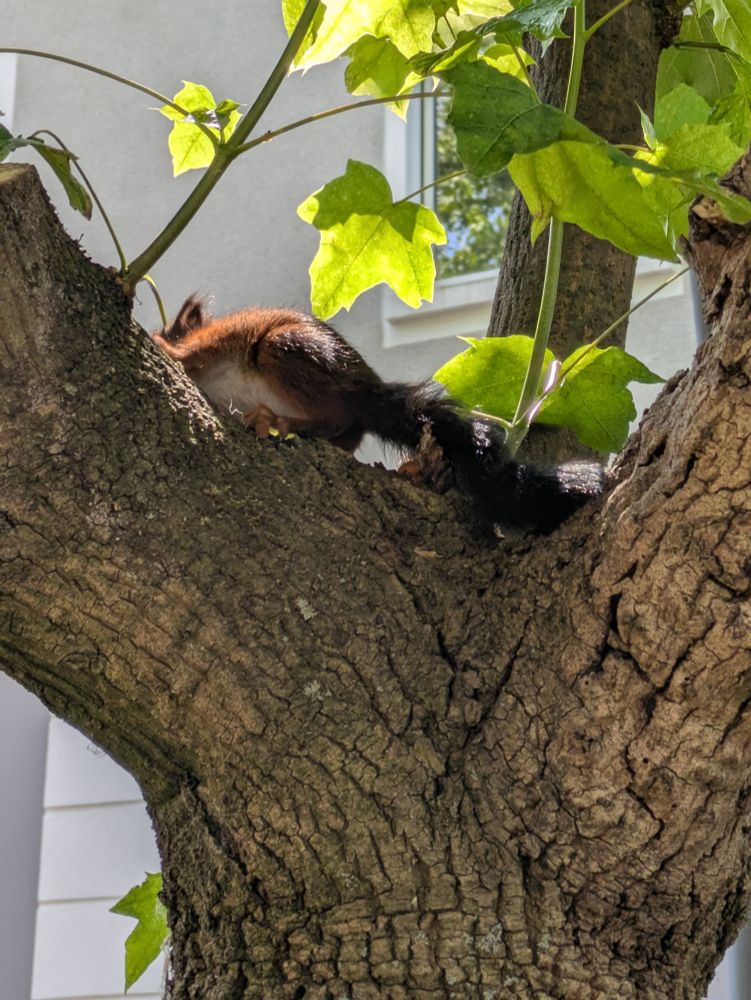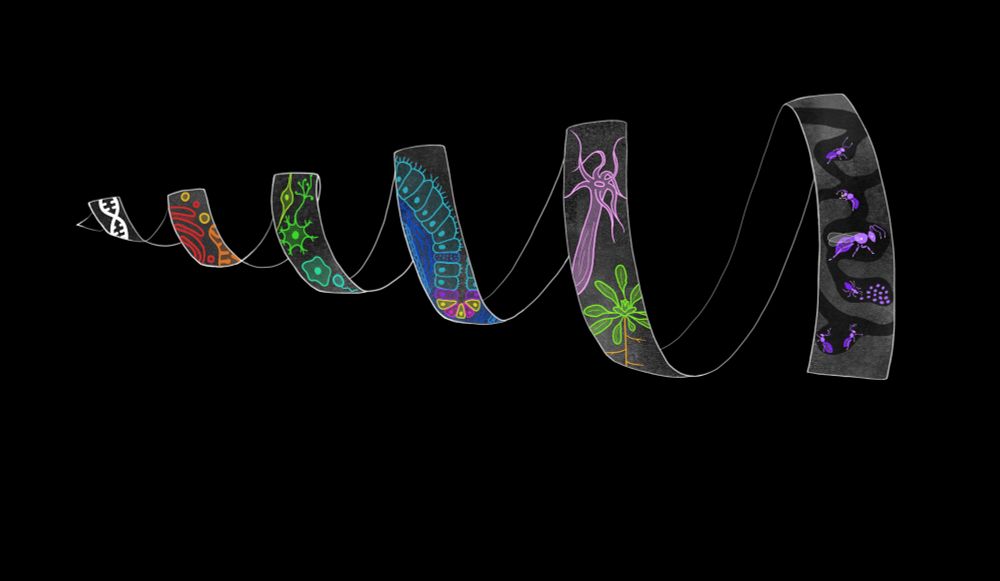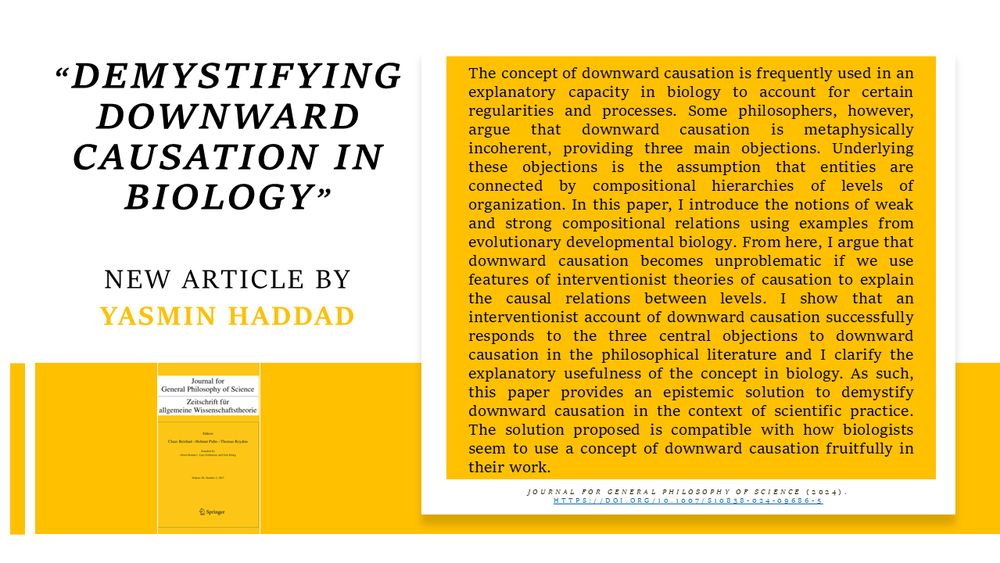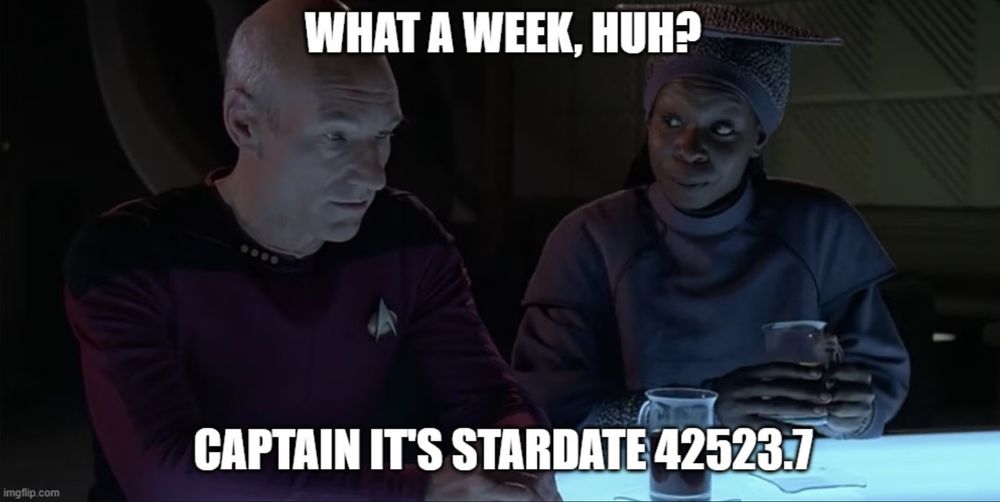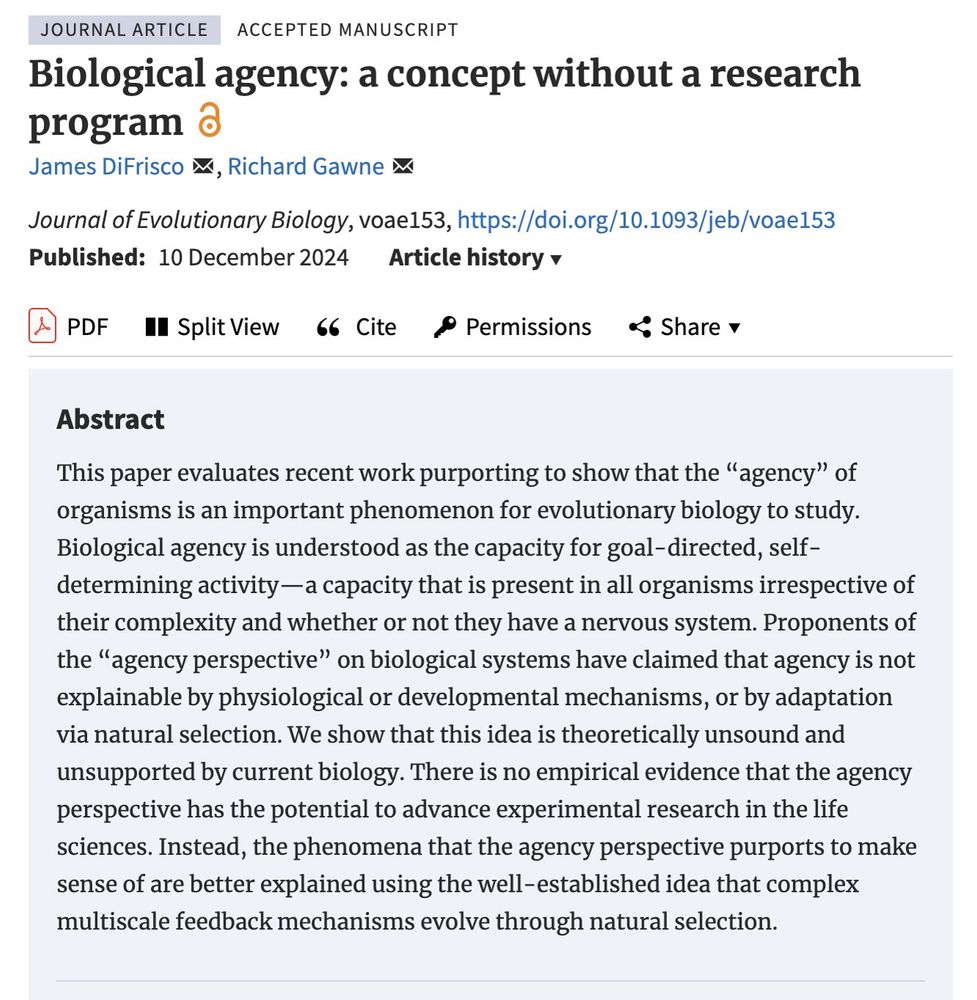Daniel S. Brooks
@dsbrooks.bsky.social
240 followers
190 following
20 posts
Philosopher & Historian of Biology and Neuroscience
Associate editor for Acta Biotheoretica (https://link.springer.com/journal/10441)
https://www.danielsbrooks.com/
Posts
Media
Videos
Starter Packs
Reposted by Daniel S. Brooks
Reposted by Daniel S. Brooks
Reposted by Daniel S. Brooks
Reposted by Daniel S. Brooks
Daniel S. Brooks
@dsbrooks.bsky.social
· Jul 29
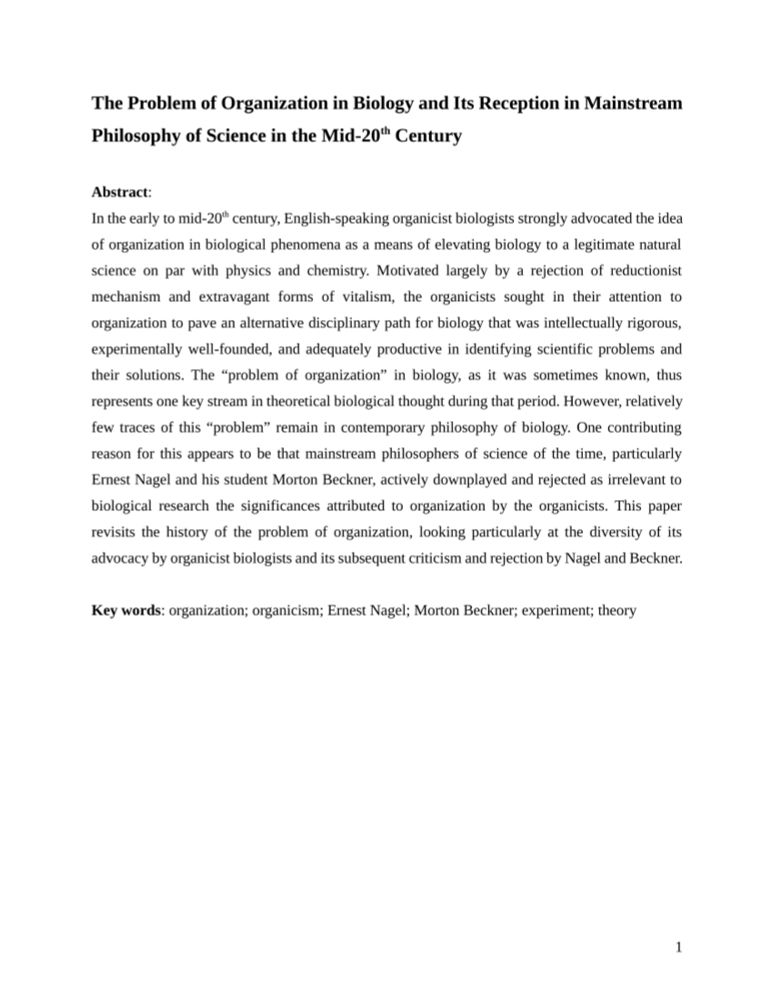
(PDF) The Problem of Organization in Biology and Its Reception in Mainstream Philosophy of Science in the Mid-20th Century
PDF | In the early to mid-20th century, English-speaking organicist biologists strongly advocated the idea of organization in biological phenomena as a... | Find, read and cite all the research you ne...
www.researchgate.net
Daniel S. Brooks
@dsbrooks.bsky.social
· Jul 29
Daniel S. Brooks
@dsbrooks.bsky.social
· Jul 29
Daniel S. Brooks
@dsbrooks.bsky.social
· Jul 29
Daniel S. Brooks
@dsbrooks.bsky.social
· Jul 29

(PDF) The Problem of Organization in Biology and Its Reception in Mainstream Philosophy of Science in the Mid-20th Century
PDF | In the early to mid-20th century, English-speaking organicist biologists strongly advocated the idea of organization in biological phenomena as a... | Find, read and cite all the research you ne...
www.researchgate.net
Reposted by Daniel S. Brooks
Reposted by Daniel S. Brooks
Reposted by Daniel S. Brooks
Daniel S. Brooks
@dsbrooks.bsky.social
· Jan 26
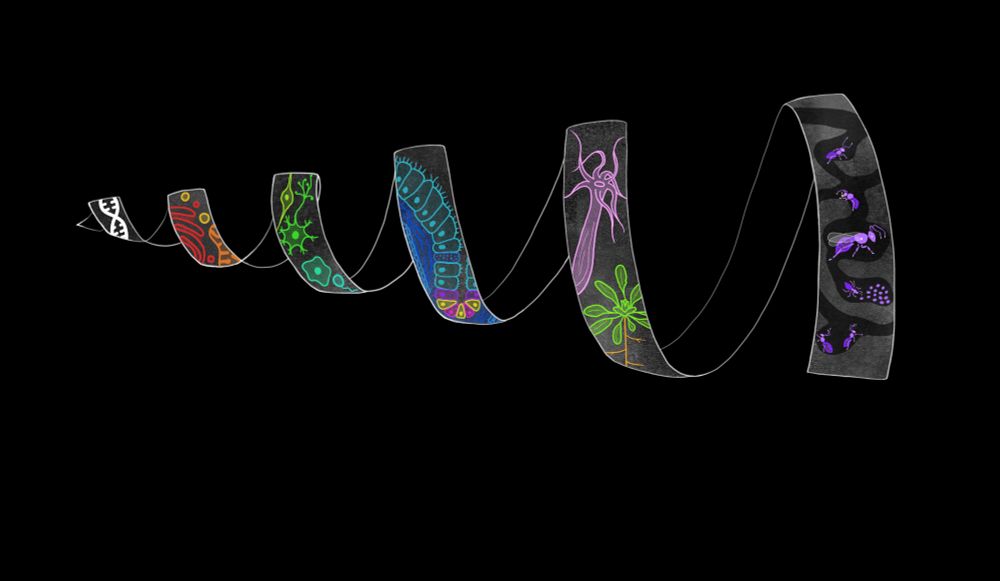
Venice Summer School 2025: Emergence & Evolution of Multi-Level Regulatory Systems
Biological systems comprise multiple levels of organization , from molecules, organelles, and cells, to the multi-cellular structures that form whole tissues, organisms, and ultimately societies and …
meetings.embo.org
Reposted by Daniel S. Brooks
Daniel S. Brooks
@dsbrooks.bsky.social
· Feb 24
Daniel S. Brooks
@dsbrooks.bsky.social
· Jan 26
Daniel S. Brooks
@dsbrooks.bsky.social
· Jan 26
Daniel S. Brooks
@dsbrooks.bsky.social
· Jan 26
Daniel S. Brooks
@dsbrooks.bsky.social
· Jan 26

Venice Summer School 2025: Emergence & Evolution of Multi-Level Regulatory Systems
Biological systems comprise multiple levels of organization , from molecules, organelles, and cells, to the multi-cellular structures that form whole tissues, organisms, and ultimately societies and …
meetings.embo.org
Reposted by Daniel S. Brooks
Daniel S. Brooks
@dsbrooks.bsky.social
· Dec 14
Daniel S. Brooks
@dsbrooks.bsky.social
· Dec 14
